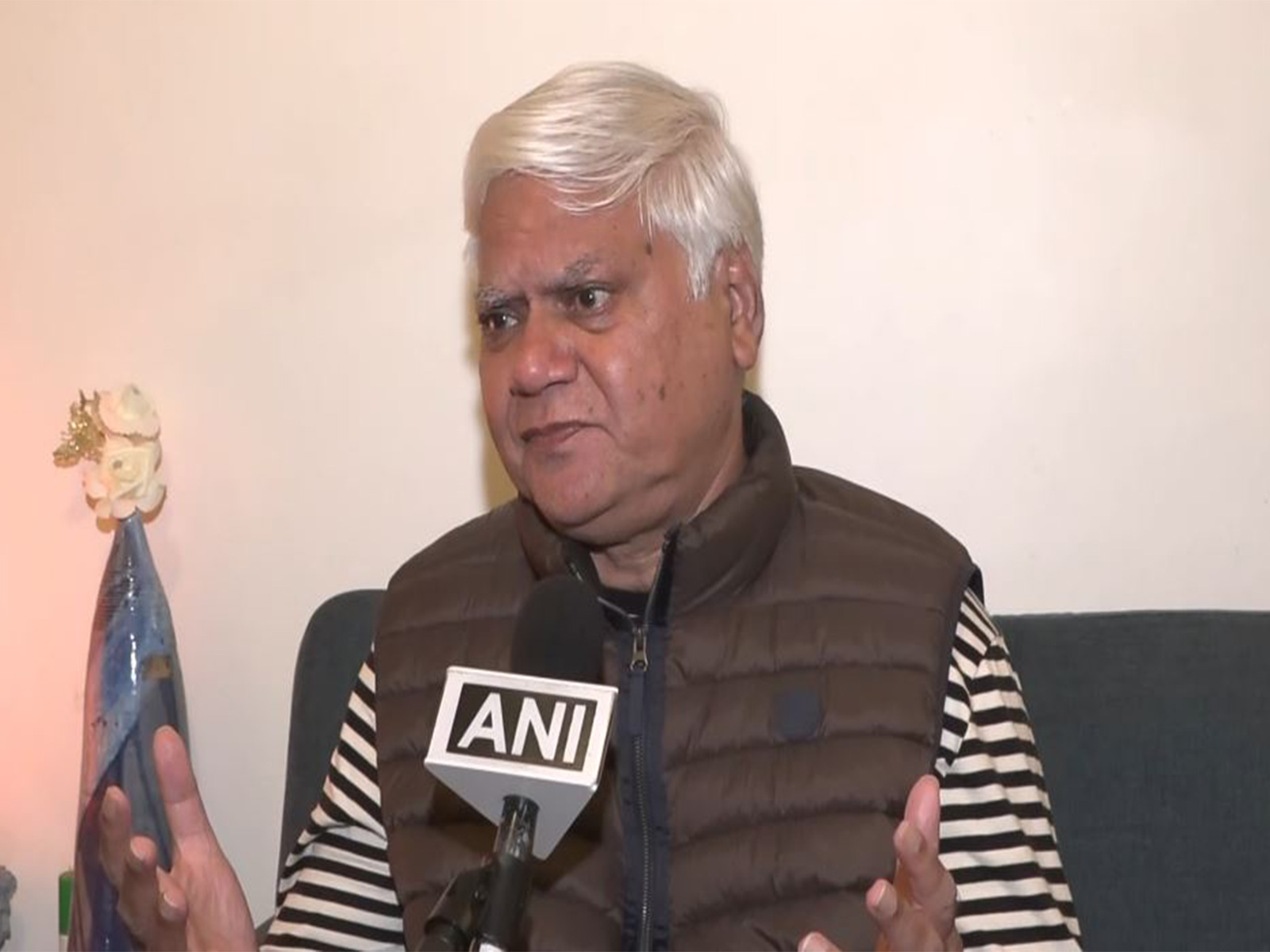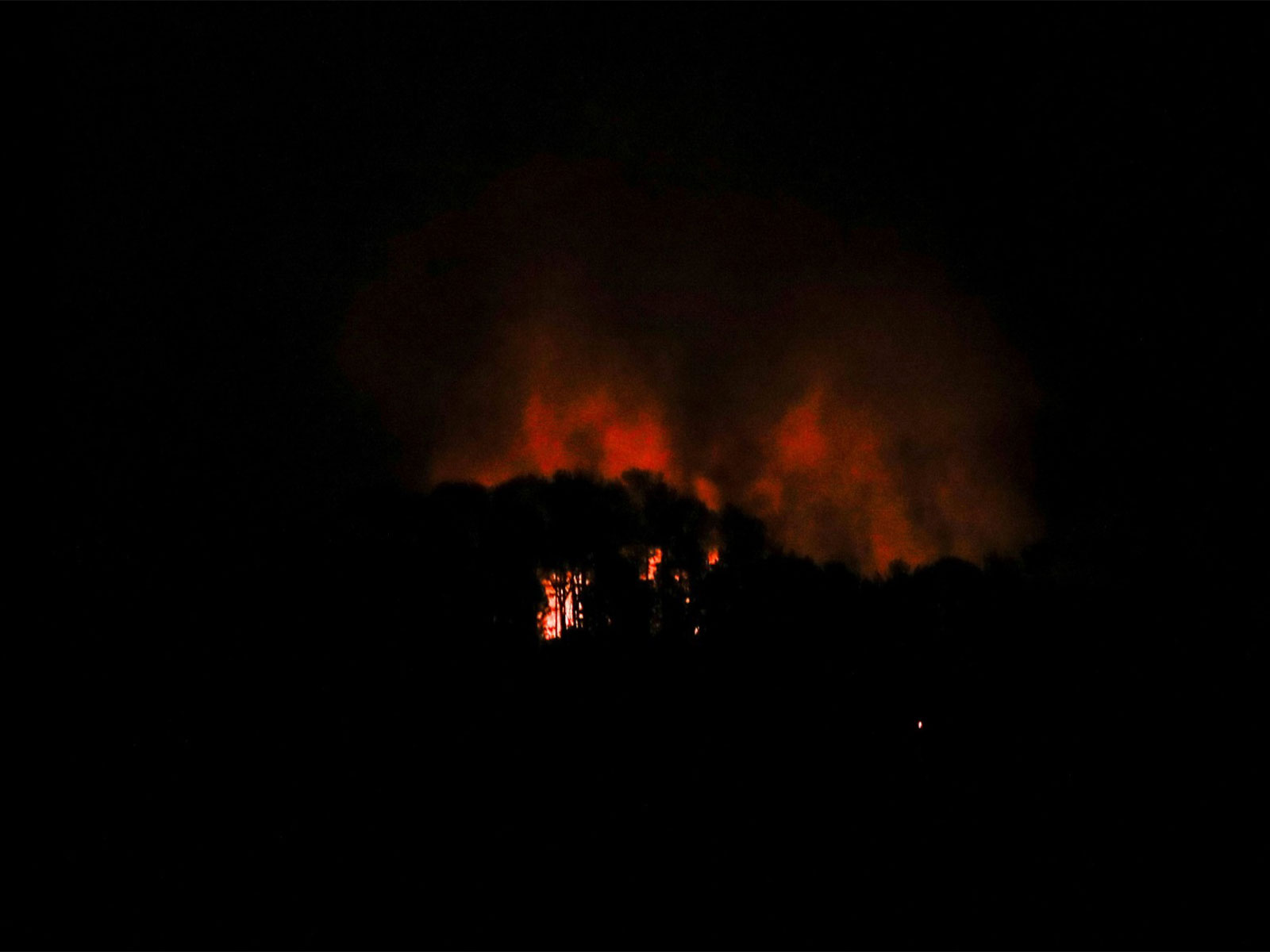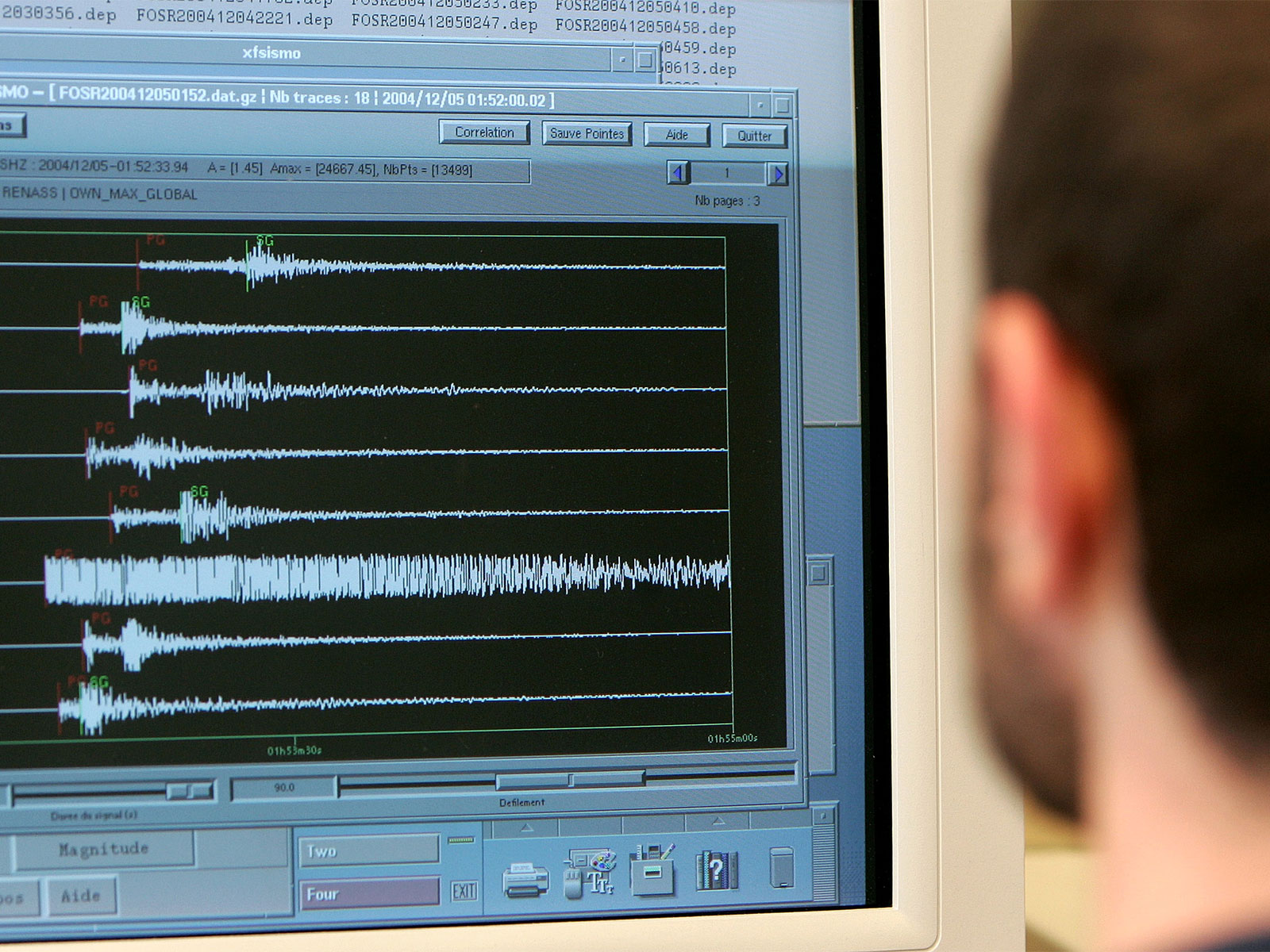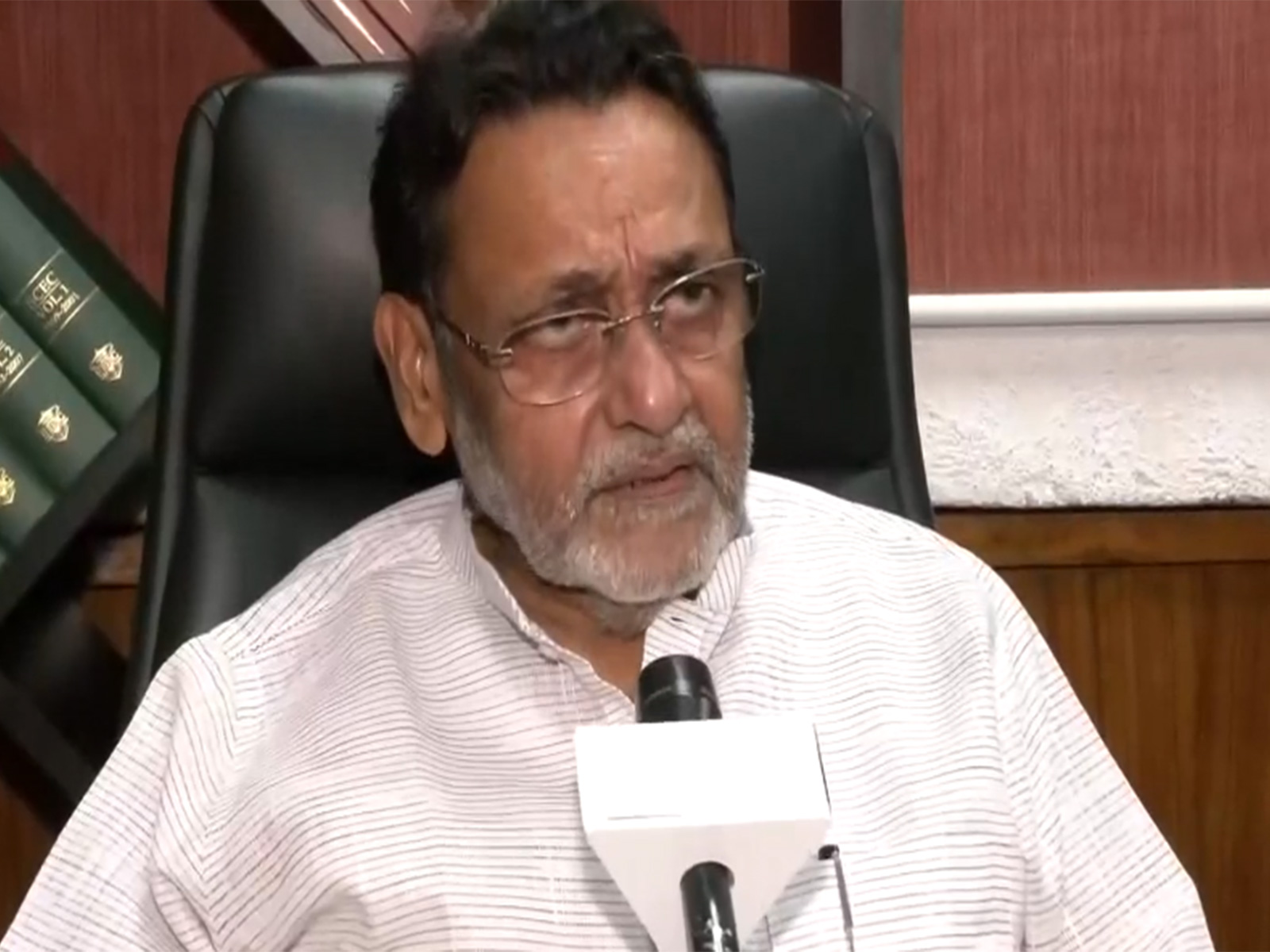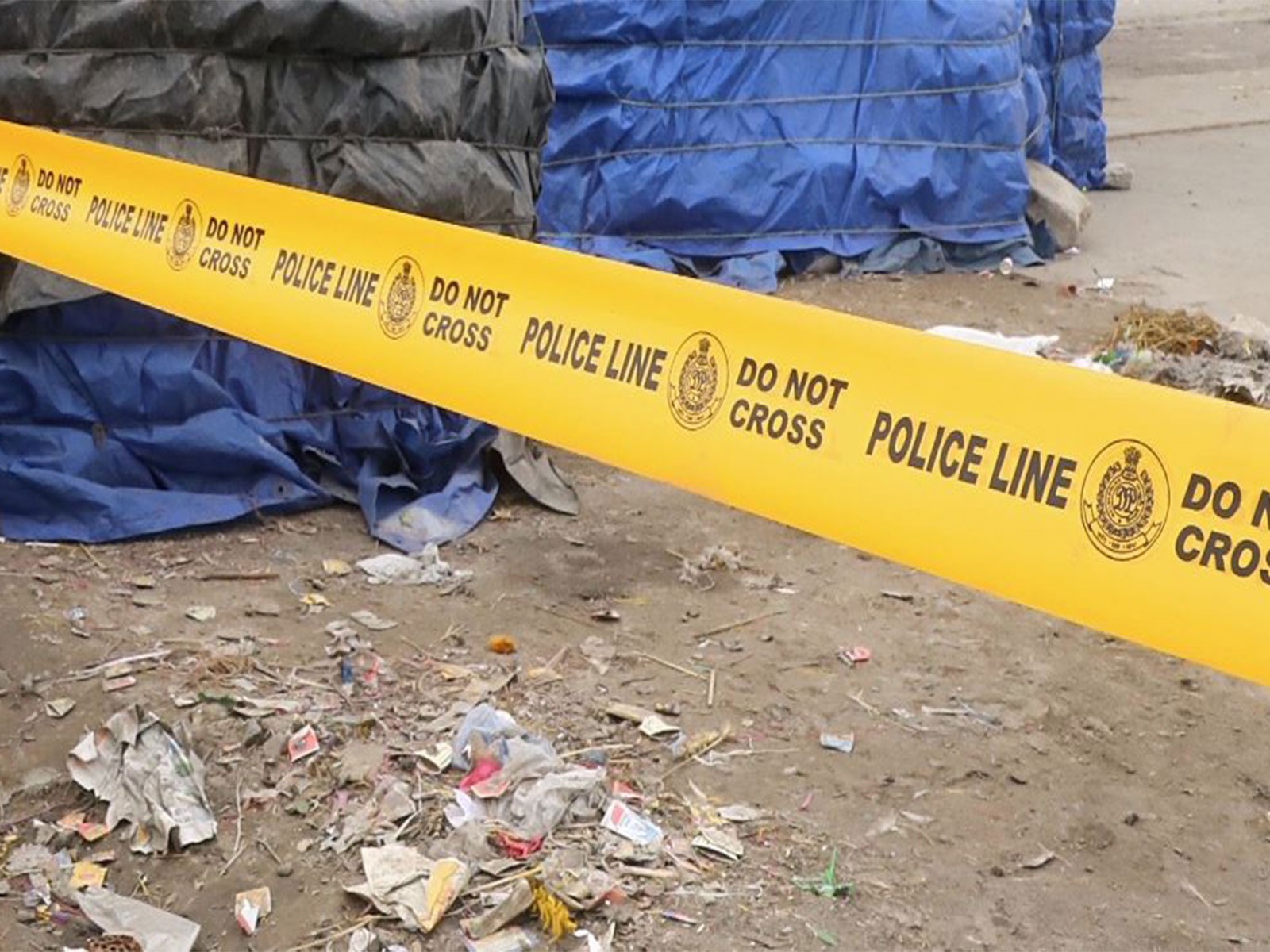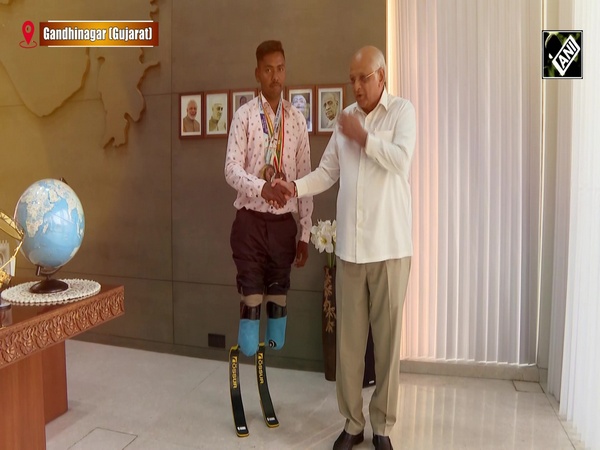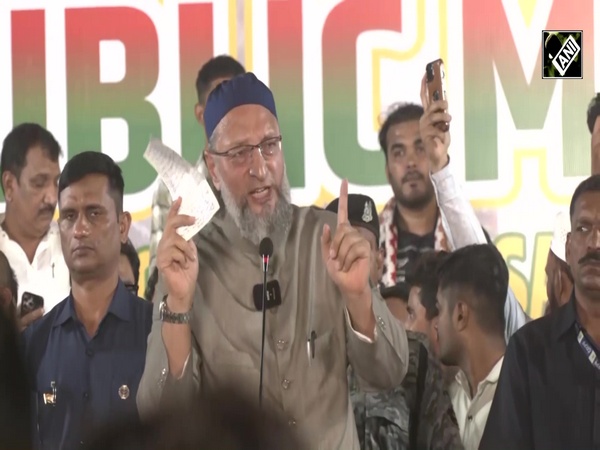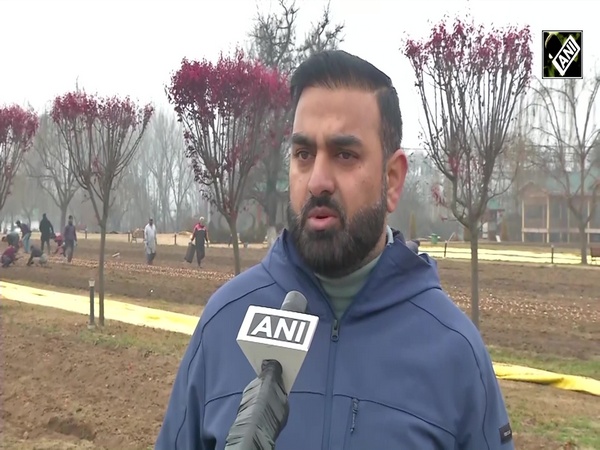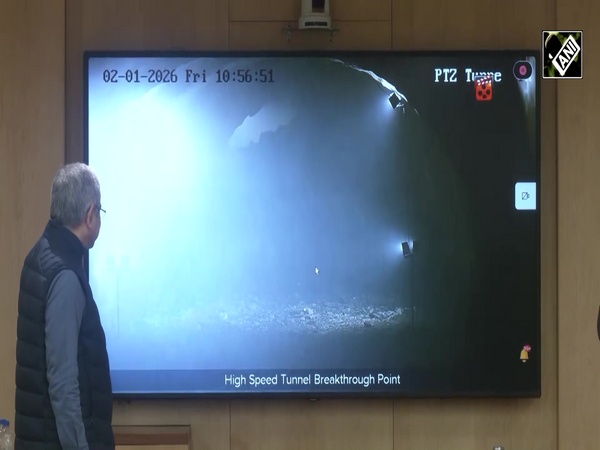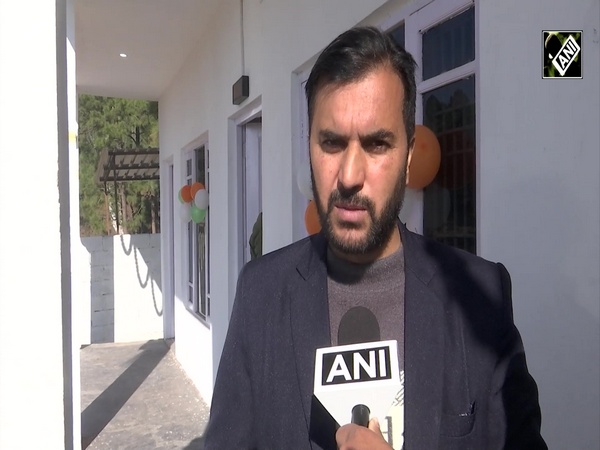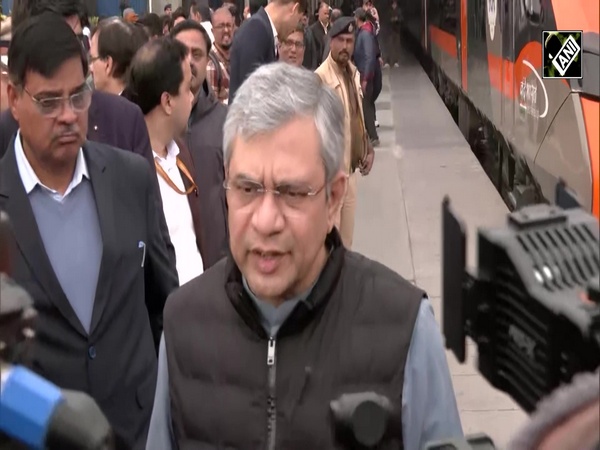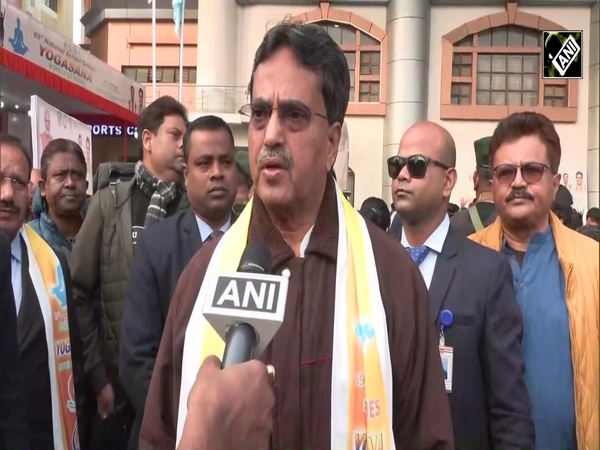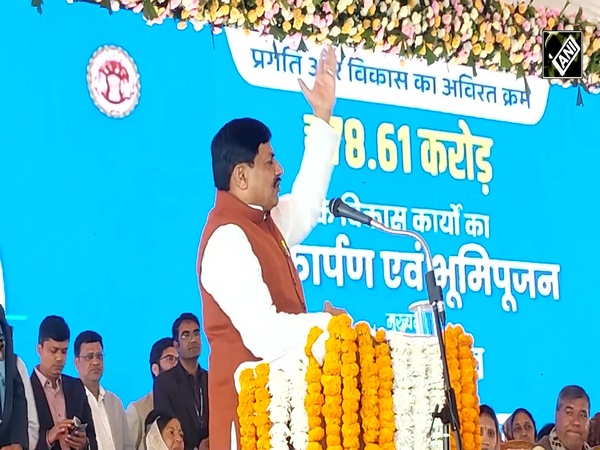Nepal PM reiterates 'One China Policy' after recent Taiwan polls
Jan 14, 2024

Kathmandu [Nepal], January 14 : Nepal Prime Minister Pushpa Kamal Dahal stressed on adherence to the 'One China Policy' after the recent elections in Taiwan.
Addressing an event organised by the Chinese Embassy in Kathmandu on Sunday, the Prime Minister reiterated the 'One China Policy' while opposing the liberation of Taiwan.
"Our commitment is strong, unequivocal, straightforward, and unshakable. The change in domestic and external situations has not influenced or affected this principled position of Nepal. Nepal recognises China as the sole legal government representing the whole of China, and Taiwan is an inalienable part of China's territory," said PM Dahal at the event, which was attended by selected participants.
The PM also said, "We have already made our position clear on 'Taiwan Independence' in the joint statement issued during my recent visit to China."
PM Dahal also expressed his commitment not to allow activities that are against China's interests. The remarks of the Nepali PM came after the result of the Taiwan election held this week.
Democratic Progressive Party (DPP) candidate Lai Ching-te has won the much-anticipated Taiwanese presidential polls and is set to be the next president amid concerns about escalating tensions with China. This marks the historic third-straight victory for the DPP after Tsai Ing-wen completed her two terms as Taiwan's President since 2016.
Previously, undecided voters split three ways among the candidates, giving Lai a seven-point lead over Kuomintang candidate Hou Yu-ih, who received 33 per cent of the total votes. In third place, Taiwan People's Party candidate Ko Wen-je took 26 per cent of the national vote, performing marginally better than expected, according to Taiwan News.
Lai, who previously served as Tainan's mayor, has pledged to continue bolstering national defence, the economy, and cooperation with democratic allies. He also said that he would maintain deterrence and uphold the cross-strait status quo during an election speech.
Lai said he would form a new government staffed by individuals based on their 'capabilities' rather than 'party affiliation', adding that this way, "it could effectively respond to challenges, be open and inclusive, and unite Taiwanese to face both domestic and international challenges".
He also vowed to continue initiatives focusing on value-based diplomacy, cross-strait stability, defence self-sufficiency, economic upgrading, energy transition, youth investment, housing justice, and educational equality.
This will shape Taiwan to be "a stable and indispensable force in the international community," he said.
Lai's victory is set to spark protests in Beijing, which would have preferred the China-friendly KMT and Hou Yu-ih in power. China's Taiwan Affairs Office labelled Lai on Thursday as an "obstinate Taiwan independence worker" who would bring "cross-strait confrontation and conflict," according to Taiwan News.
China has increased military activities around Taiwan in recent years, including near-daily incursions into the country's air defence identification zone (ADIZ) and sending military ships near its maritime borders. With Lai as president, the Taiwanese have made it clear they will not back down from Chinese intimidation.

